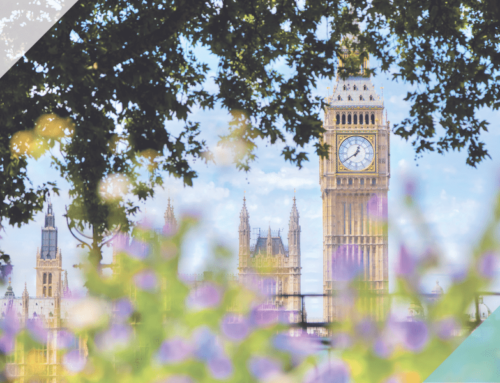It was hoped by many that there would be significant changes to the Stamp Duty levels to help encourage people to move up the ladder, freeing the bottom rungs for those trying to join. Whilst this was not to be, Rishi Sunak did announce a new Stamp Duty charge in the Spring Budget but only for a specific and defined group.
The Conservative manifesto warned us of a levy to be added to Stamp Duty for non-resident homebuyers so it was no surprise when Rishi Sunak announced a 2% levy in his first budget.
This is expected to have a significant positive impact on revenue for Treasury but do not panic. If you are a UK resident, buying a residential property, to either live in or rent out, nothing has changed for you.
Stamp duty can appear slightly confusing. There are already three systems in play, and this will add a fourth.
First-time buyers
First-time buyers are allowed to purchase a first home up to a value of £300k with no stamp duty being applied. A first home, up to the value of £500k, has a stamp duty of 5% applied, with a £300k allowance.
For all other purchasers, whether resident or non-resident, there is a scale of duty starting at 2% for purchases over £250k up to 12% for purchases of over £1.5million.
On top of that, if the purchaser already owns another property or is buying it as a buy-to-let, there is a 3% surcharge on top of the standard stamp duty rate. This was introduced back in April 2016.
The budget confirmed that from April 1, 2021, a new charge would apply to all non-UK residents buying a home in England and Northern Ireland. They will pay a further 2% levy on top of any stamp duty already applicable. For example, a foreign investor, purchasing a buy to let for £500k would pay 5% plus 3% second home levy plus 3% non-UK resident levy. This means for top value properties stamp duty could be as much as 18%.
So why add this charge, and what is the impact expected to be?
It is anticipated that this will have two impacts on the market. Firstly, there will be a flurry of foreign property purchasers ahead of the introduction of the surcharge in 2021. Treasury has forecasted that stamp duty receipts will increase by £250 million in the coming tax year. Income that will help fund the planned spend and is promised to be used on housing to help the homeless. Secondly, it is anticipated that house prices will drop and more homes will be available for UK residents to purchase, freeing up the property ladder and having a positive impact on home-ownership.
Geographically there will be a significant difference in the impact. London is the UK’s most international property market and as such, it is expected that it will experience the most significant impact.
On the back of Brexit, this could be seen as yet another move to isolate England and Northern Ireland from international markets but this is a common approach. Many countries including Canada, New Zealand, and Denmark, have a foreign investor stamp duty type charge in place. The falling value of the pound has made the UK property market an attractive investment opportunity with 70,000 of the UK’s 1.2 million annual property transactions being from foreign purchasers.
For more information regarding property investments please contact Nick Attwell. You can also access additional information by clicking on the links within this article.





